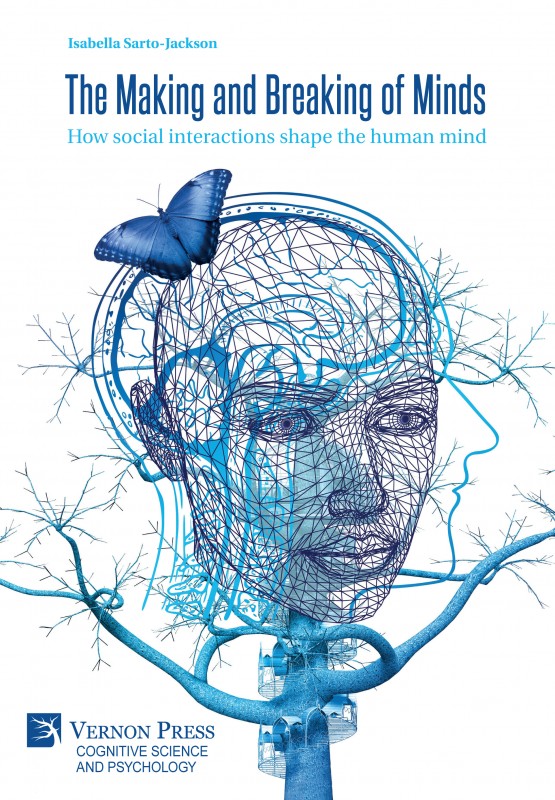KLI Colloquia are invited research talks of about an hour followed by 30 min discussion. The talks are held in English, open to the public, and offered in hybrid format.
Fall-Winter 2025-2026 KLI Colloquium Series
Join Zoom Meeting
https://us02web.zoom.us/j/5881861923?omn=85945744831
Meeting ID: 588 186 1923
25 Sept 2025 (Thurs) 3-4:30 PM CET
A Dynamic Canvas Model of Butterfly and Moth Color Patterns
Richard Gawne (Nevada State Museum)
14 Oct 2025 (Tues) 3-4:30 PM CET
Vienna, the Laboratory of Modernity
Richard Cockett (The Economist)
23 Oct 2025 (Thurs) 3-4:30 PM CET
How Darwinian is Darwinian Enough? The Case of Evolution and the Origins of Life
Ludo Schoenmakers (KLI)
6 Nov (Thurs) 3-4:30 PM CET
Common Knowledge Considered as Cause and Effect of Behavioral Modernity
Ronald Planer (University of Wollongong)
20 Nov (Thurs) 3-4:30 PM CET
Rates of Evolution, Time Scaling, and the Decoupling of Micro- and Macroevolution
Thomas Hansen (University of Oslo)
RESCHEDULED: 18 Dec (Thurs) 3-4:30 PM CET
Chance, Necessity, and the Evolution of Evolvability
Cristina Villegas (KLI)
8 Jan 2026 (Thurs) 3-4:30 PM CET
Embodied Rationality: Normative and Evolutionary Foundations
Enrico Petracca (KLI)
15 Jan 2026 (Thurs) 3-4:30 PM CET
On Experimental Models of Developmental Plasticity and Evolutionary Novelty
Patricia Beldade (Lisbon University)
29 Jan 2026 (Thurs) 3-4:30 PM CET
Jan Baedke (Ruhr University Bochum)
Event Details

Topic description / abstract:
The human brain reorganizes itself and flexibly adjusts to fluctuating environmental conditions by means of neuroplastic processes. Neuroplasticity provides the basis for wide-ranging learning and memory processes that are particularly profuse during childhood and adolescence. At the same time, the exceptional malleability of the developing brain leaves it highly vulnerable to negative impact from the surroundings.
Abusive or neglecting social environments as well as socioeconomic deprivation cause physiological stress responses that can severely compromise cognitive development, emotional processing, and executive brain functions by altering the underlying neurobiochemical homeostasis. Importantly, such detrimental neurophysiological consequences are not limited to the affected individual but can be transmitted to the offspring through a process of social niche construction.
Proof of concept is supported by research on transgenerational trauma.
Link to book: https://vernonpress.com/book/387
Biographical note:
Isabella Sarto-Jackson is a neurobiologist, executive manager of the Konrad Lorenz Institute for Evolution and Cognition Research, and president of the Austrian Neuroscience Association (ANA). She holds a Master´s degree in genetics, a PhD in neurobiochemistry, and the venia docendi in neurobiology. She has worked as a neuroscientist at the Center for Brain Research of the Medical University in Vienna and extended her research focus to cognitive science and evolutionary biology since joining the KLI in 2011.
Her work is highly interdisciplinary – at the interface of neurobiology, cognitive science, evolutionary biology, and social education.
Link to ISJ´s website: www.sarto-jackson.com


